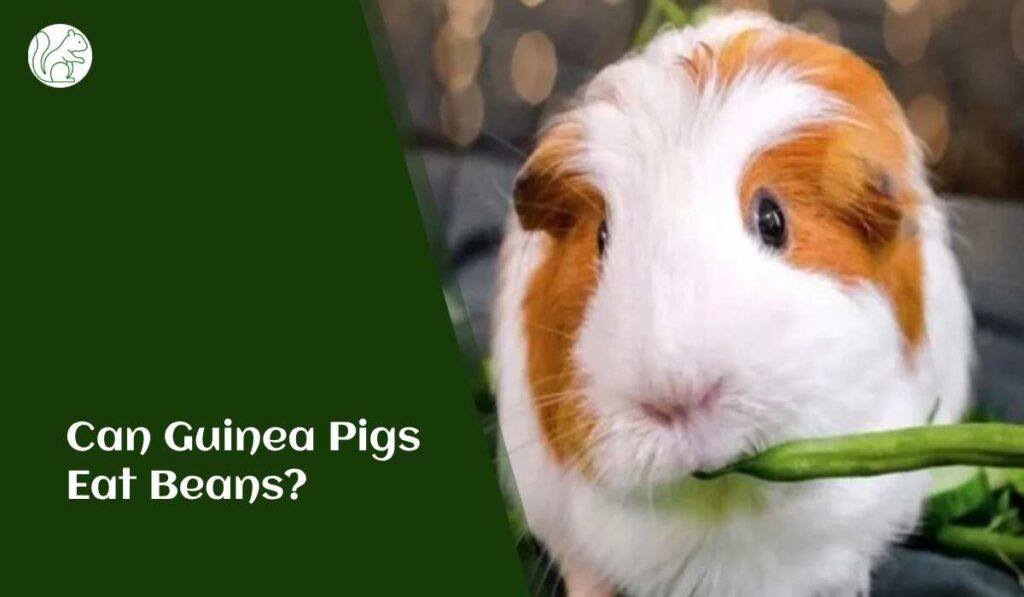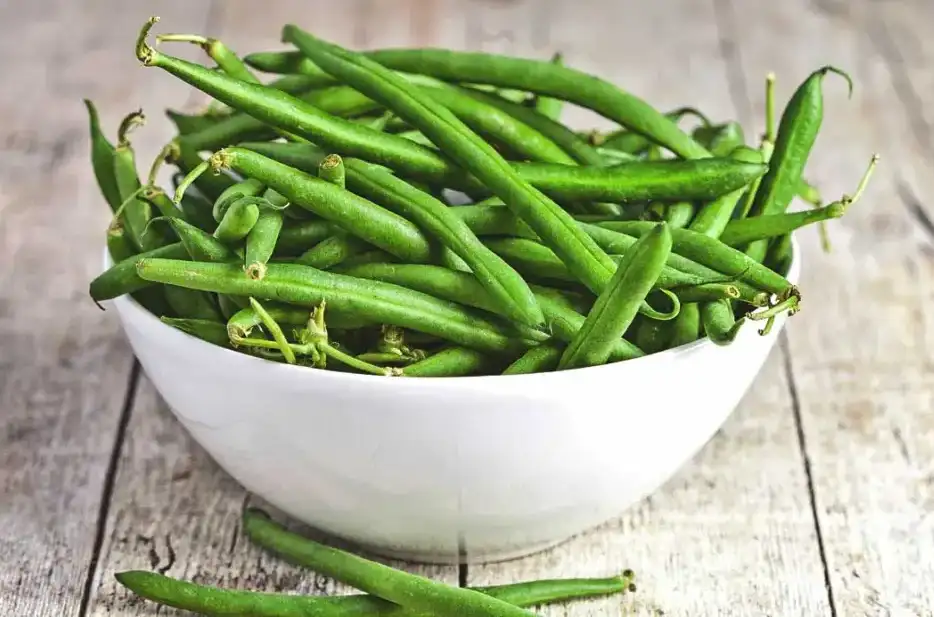Guinea pigs, with their adorable appearance and friendly demeanor, have become popular pets around the world. As responsible pet owners, it’s crucial to provide them with a balanced and nutritious diet. While guinea pigs primarily thrive on hay, fresh vegetables, and pellets, you may wonder if it’s safe to include beans in their diet. In this article, we will explore whether guinea pigs can eat beans, the nutritional value they offer, and any precautions to keep in mind.

Understanding Guinea Pig Nutrition
Before diving into the specifics of feeding beans to guinea pigs, it’s important to understand their nutritional requirements. Guinea pigs are herbivores, which means their diet should mainly consist of hay and fresh vegetables. These small animals have a delicate digestive system that requires a balance of fiber, vitamins, and minerals.
Types of Beans
There are various types of beans available, and some are more suitable for guinea pigs than others. Let’s take a closer look at a few commonly found beans:

- Green Beans: Green beans are safe for guinea pigs to consume. They are rich in vitamin C, which is essential for their overall health. However, ensure that the beans are fresh and free from any seasonings or additives.
- Lima Beans: Lima beans should be avoided in a guinea pig’s diet. These beans contain a high amount of starch, which can be difficult for guinea pigs to digest.
- Soybeans: While soybeans are protein-rich, they are not suitable for guinea pigs. Soybeans contain compounds that can cause digestive issues and lead to bloating.
Nutritional Value of Beans
Beans, in general, are considered a good source of protein and fiber. However, it’s important to note that guinea pigs have specific dietary requirements that may not align with the nutritional content of beans. Let’s explore the nutritional value of green beans as an example:
- Protein: Green beans have a relatively low protein content, which is not sufficient to meet the protein needs of guinea pigs.
- Fiber: Green beans are a good source of dietary fiber, promoting a healthy digestive system for guinea pigs.
- Vitamin C: Guinea pigs cannot produce their own vitamin C and need it from external sources. While green beans contain some vitamin C, it is not enough to fulfill their daily requirement.
Precautions and Considerations
When introducing any new food into a guinea pig’s diet, it’s important to proceed with caution. Here are a few precautions and considerations to keep in mind when offering beans to your guinea pig:
- Moderation: If you decide to offer green beans to your guinea pig, do so in moderation. Beans should never replace the main components of their diet, such as hay and fresh vegetables.
- Freshness: Always ensure that the beans are fresh and free from pesticides or other harmful substances. Wash them thoroughly before serving.
- Size and Preparation: Cut the beans into small, bite-sized pieces to make it easier for your guinea pig to eat. Avoid cooking or seasoning the beans, as guinea pigs should only consume them raw.
Are Beans and Eggs Safe for Guinea Pigs to Eat?
Yes, beans and eggs are safe guinea pig diet options. However, be sure to offer them in moderation. Beans are a good source of protein, while eggs provide essential nutrients. Always consult with a veterinarian to ensure a balanced diet for your guinea pigs.
Conclusion
In conclusion, guinea pigs can safely eat certain types of beans, such as green beans, in moderation. However, it’s crucial to remember that beans should never become a significant part of their diet. Guinea pigs require a primarily hay-based diet, supplemented with fresh vegetables and pellets formulated specifically for their nutritional needs. Always consult with a veterinarian before making any significant changes to your guinea pig’s diet to ensure their well-being and happiness.
Remember to prioritize the overall nutritional balance of your guinea pig’s diet and provide them with a variety of vegetables that are safe for consumption. By doing so, you’ll contribute to their health and longevity, ensuring they live a happy and fulfilling life as your beloved furry companion.
